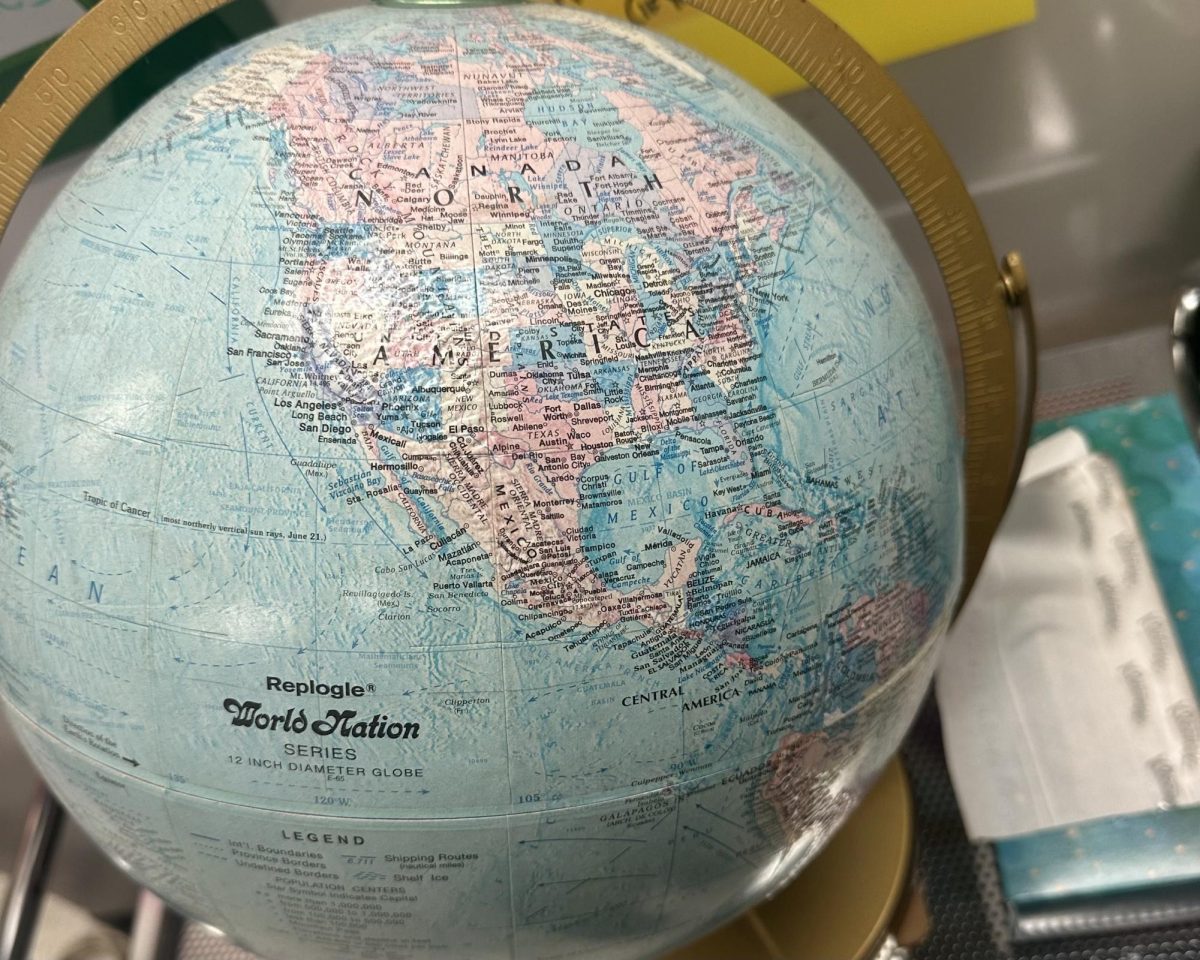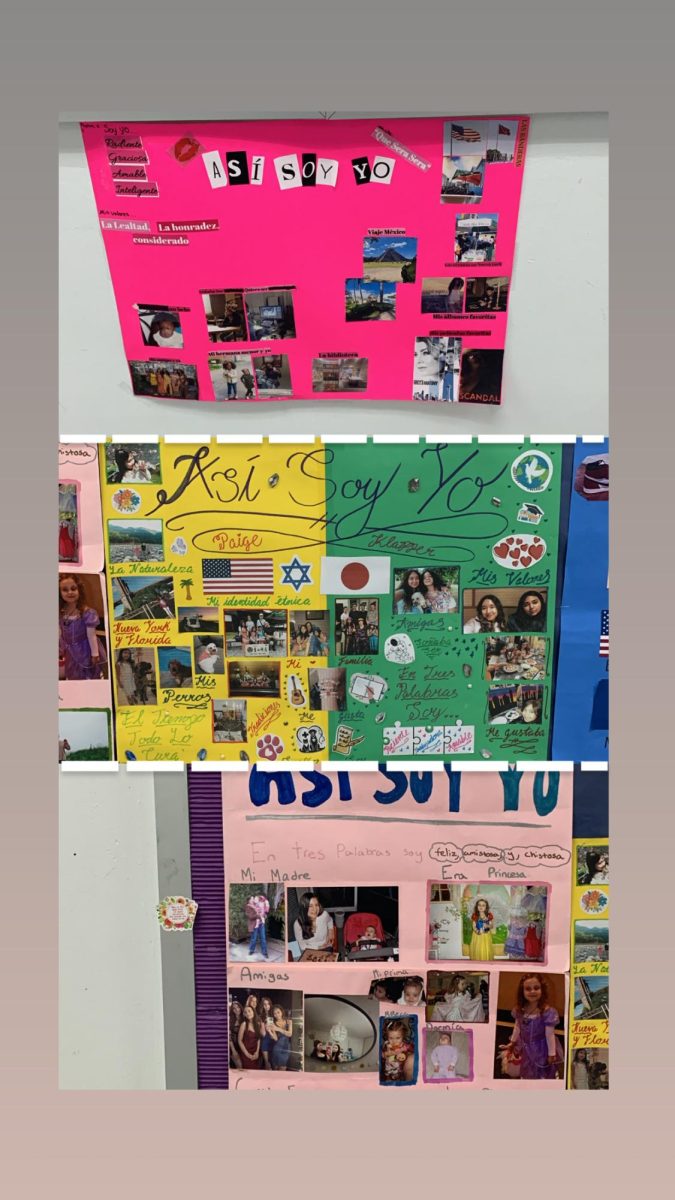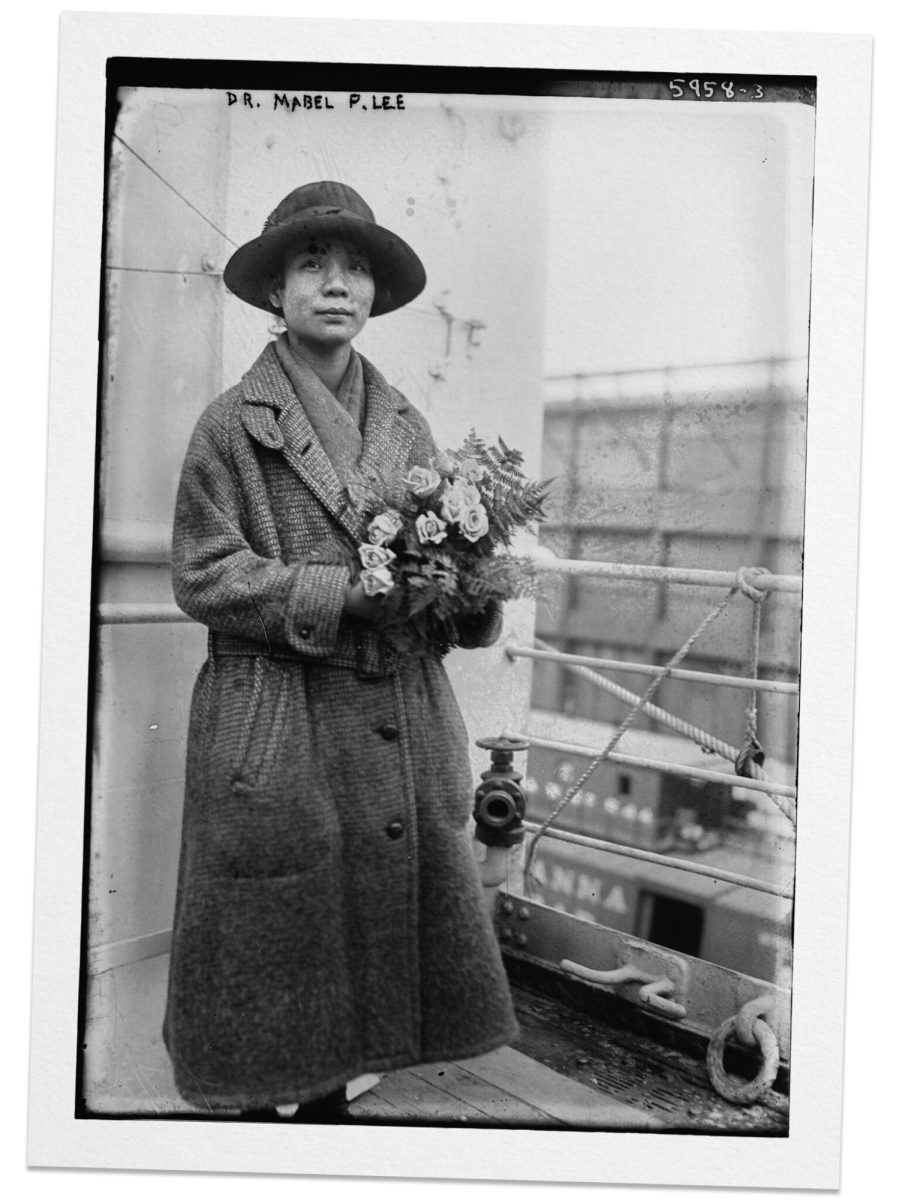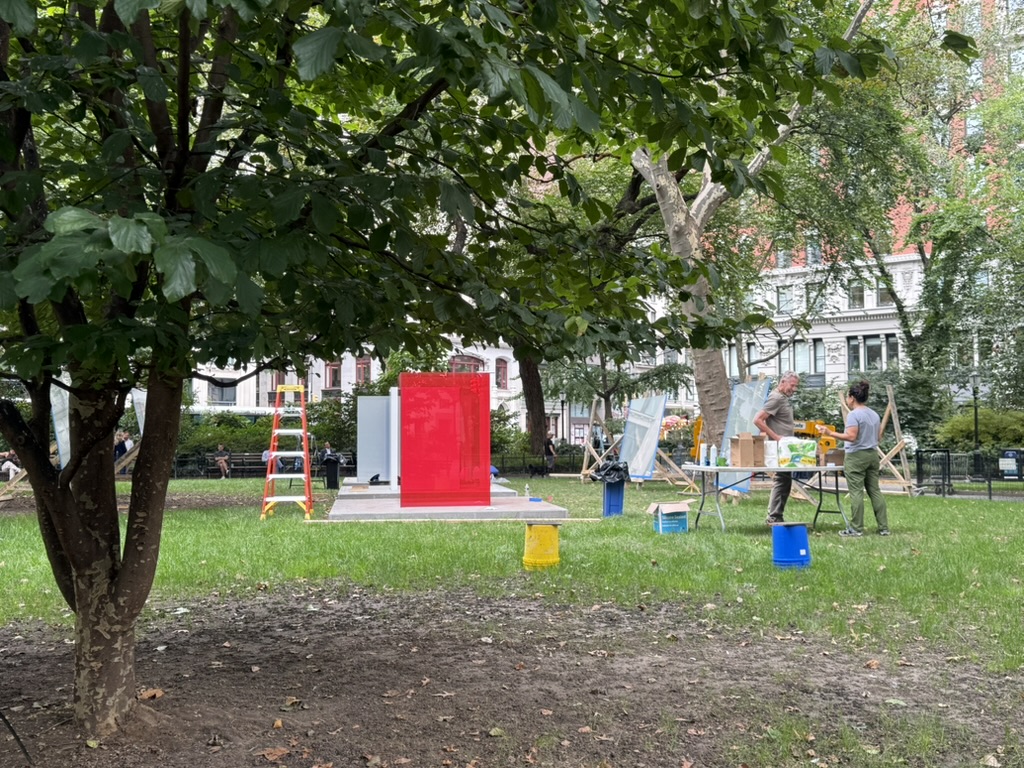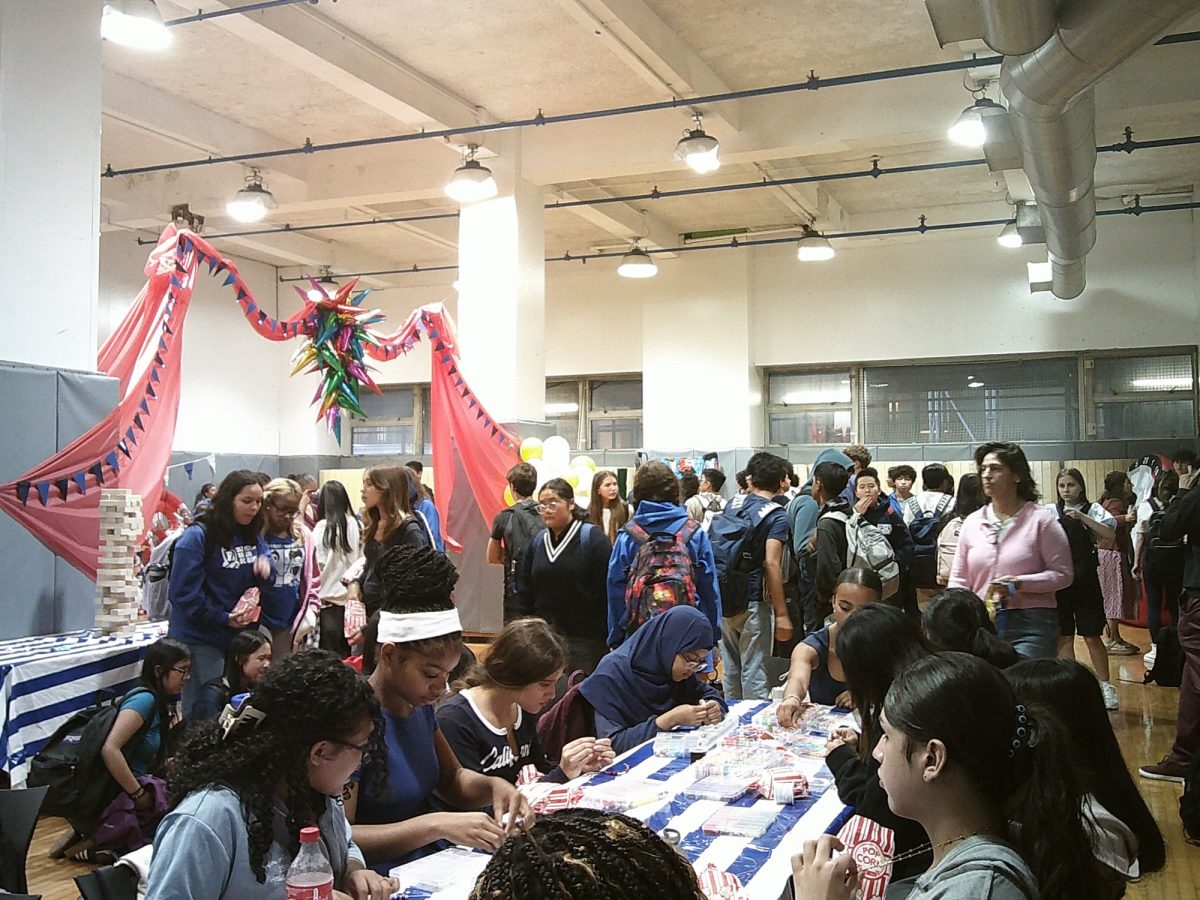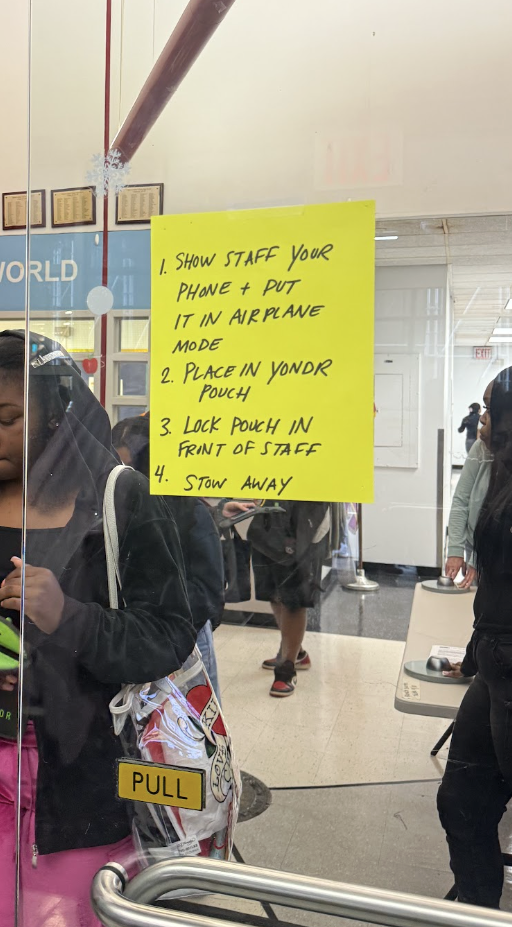In a school full of American youth, Baruchians seem to be used to the school system – they’ve been through elementary school, middle school and now some of them are nearing the end of their high school careers. However, in the midst of this American school, Baruch, some educators come from other parts of the world.
These teachers’ educational experiences differ from Baruchians. Specifically, in schools abroad there is more emphasis on writing and school sports are more valued.
Bonnie Phillips, BCCHS college counselor, was born in London, England and studied there until she was 18, where she then moved to the US.
“People from lower social classes would not pursue a higher level of education after 15 or 16 so they could start working,” she said. “There was really only a push for children to seek higher education if you came from wealthier families; once you passed age 16, the competitive and selectiveness drastically increased – it was like trying to get into Harvard.”
Phillips compared the SAT and ACT to England’s General Certificate of Secondary Education (GCSE), the equivalent of a high school diploma.
Philips went into the two kinds of exams students took at the time that she was a student: the Advanced (“A”) Level and the Ordinary (“O”) level exams. “Well there was not really [the] GCSE at my time,” she said, “But there was O level and A level.”
She said “these were both educational tests.” Ultimately, Philips pointed out they had a big impact on the students’ futures.
“O level was taken at 16, but A level was taken at 18 to show that you had another level of education, kind of like a college degree.” Phillips also said that, in general, education in England consisted of far more writing.
Marcus Harper, a substitute teacher who used to work as a social studies teacher at Baruch, was born in England and moved to South Africa when he was a baby. While attending school in South Africa, the country was divided due to apartheid.
“Compared to here, school was very strict. We had to wear uniforms and there were all sorts of rules that were heavily enforced… sports were a large part of our school life – everyone was forced to play a sport, support the school teams and attend games,” he said.
Harper does like that there is more critical thinking at the center of education in America.
“[In South Africa,] it was a lot of just memorizing notes and independent work,” he said. “No critical thinking or group work really.”


